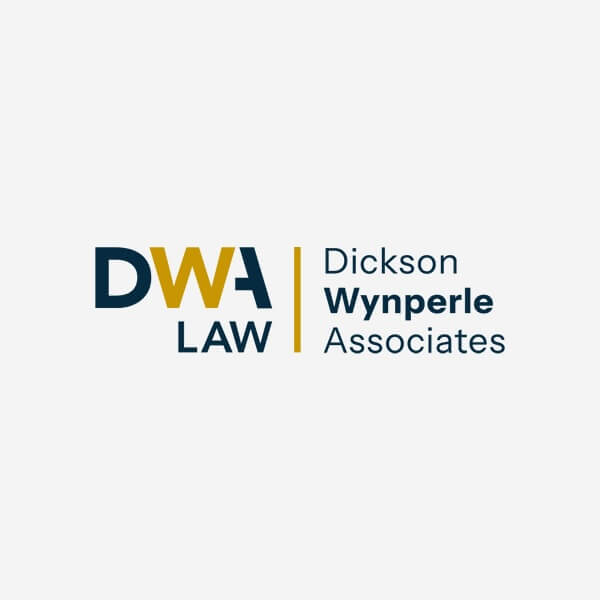
If you are someone who drives a company vehicle, such as a work truck, a company car, a forklift or even a company-owned limousine, there are a few things you should know about the company’s insurance policy.
For example: who is responsible if there’s an accident that you caused and what is the extent of your liability? If your existing employment contract does not specifically address this possibility and its consequences… or is vague, then continue to seek answers.
It’s not as clean-cut as one would hope. It is easy to assume that if the vehicle is insured then the insurance company will pay for the damage. But if the accident results in injuries and damages that are not covered by the policy then the person who was responsible for the accident could be liable for expenses that are not covered. What that means is even if the insurance policy is in the company’s name, the person who was responsible would be required to reimburse the employer for costs paid out on their behalf.
There are, of course, many situations in which the employee was using the company car in the manner in which he or she was required. If the request created the potential for the accident then the employer may be fully responsible. For example, let’s say your employer asked you to deliver a package to a company across town within 30 minutes and you run into horrendous traffic. In an effort to meet the employer’s request you accidentally run a red light and hit an oncoming car. Both cars are damaged and both you and the other driver suffered mild injuries. Who is responsible?
One of the most common conclusions in these situations is called the principle of respondeat superior, which means that employers are generally seen as responsible for their employees’ actions. If the employee was acting within the scope of the job then it makes sense that the employer would be responsible.
The definition of the scope of employment can be interpreted in a myriad of ways, but the most common definition is the range of activities that an employee is reasonably expected to do as part of his or her job. Was the employee expected to disobey traffic laws to successfully achieve the required result? Did the employer make a reasonable request? Was the employee’s job on the line?
Employee vs. Employer: Who is responsible?
If the employee was acting within the scope of the job then the employee is not responsible for paying damages related to the accident. However, if the employee was being reckless or violating local laws or company rules then the responsibility would shift to the employee. Determining responsibility from the above story Illustrates the many gray areas that come into play in these types of situations.
There are other issues that can help determine which party is liable in a company car accident. A lot depends on the actual policy and whether it excludes or includes the employee should an accident take place.
When an accident happens it’s important to collect the following information
- the other driver’s license number
- insurance company information
- a police report
- statements and contact information from any witnesses
Questions you will be asked:
Were you acting within the scope of the job? This is possibly the most important question you will be asked and exaggerating the truth is not recommended.
Were you doing something outside the scope of the job? Even if you made a quick stop en route while conducting company business this may have an impact on the result
Was anyone else injured? Obviously, if others were also injured then the complexity of the case increases. Were they driving or a passenger? Did they distract you while you were driving? Who would they say was responsible for the accident?
Were there witnesses? If there were witnesses from whom you collected contact information, then you will be asked to get their written statements. Having witnesses who are willing to support your perspective is always a plus and will go a long way in your defence.
How DWA LAW Can Help
Our personal injury attorneys are always prepared to offer new clients a free consultation. After understanding the details of your specific situation we can mutually determine the best way to work together. Give us a call today at 1-866-696-0300 or contact us here.




